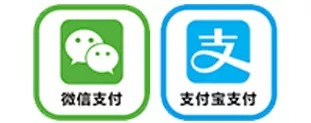By EVPADPro | 24 September 2021 | 0 Comments
The Origin of Chinese Traditional Festivals Mid-Autumn Festival
The various traditional festivals in China are an important part of the long history and culture of the Chinese nation, with various forms and rich contents. The formation of traditional festivals is a process of long-term accumulation and cohesion of the history and culture of a nation or country. The ancient traditional festivals of the Chinese nation cover primitive beliefs, sacrificial culture, astronomical calendars, and other cultural and natural cultural content, and contain profound cultural connotations. The traditional Chinese festivals developed from the time of the ancient ancestors not only record the rich and colorful social life and cultural content of the ancestors of the Chinese nation but also accumulate profound historical and cultural connotations.
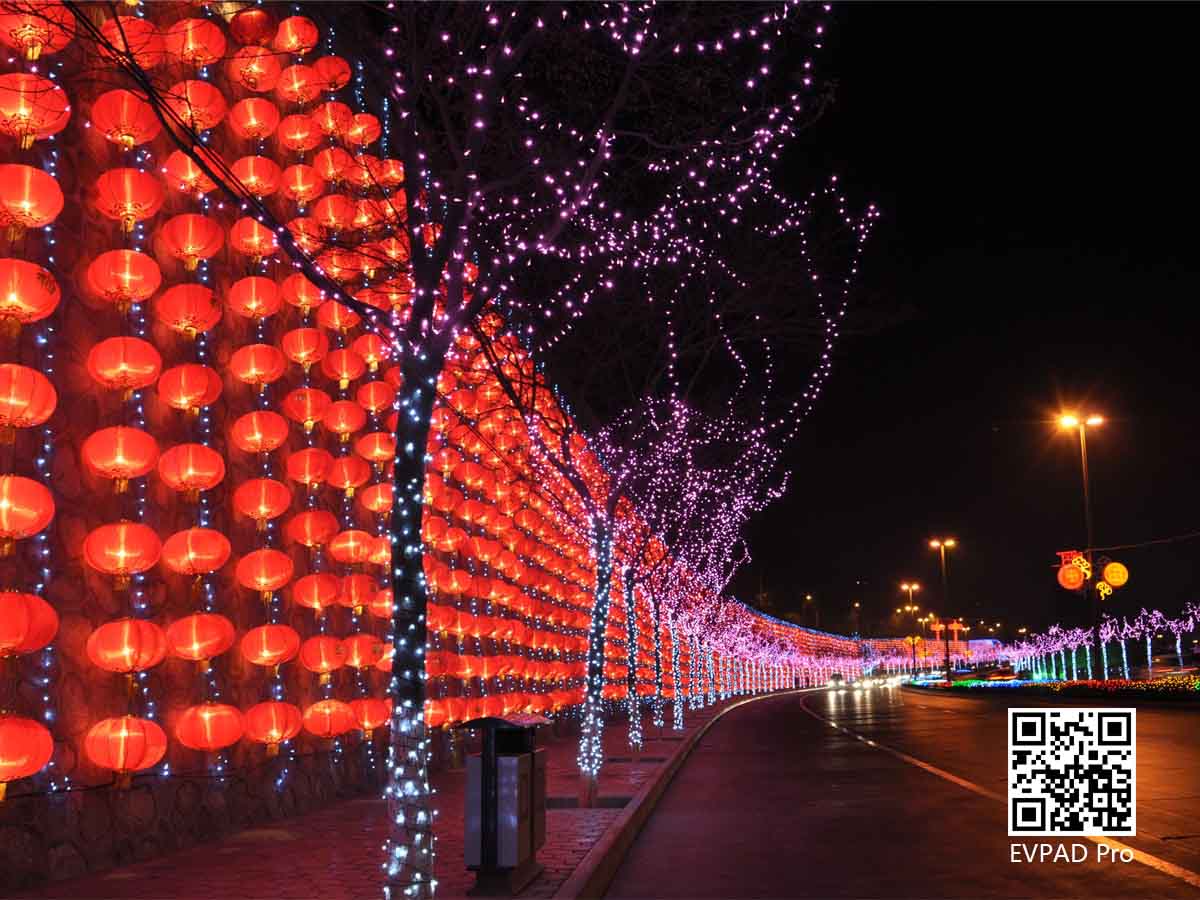
Traditional Chinese festivals mainly include Spring Festival, Lantern Festival, Tomb Sweeping Festival, Dragon Boat Festival, Mid-Autumn Festival, Mid-Autumn Festival, Double Ninth Festival, New Year's Eve, etc. Traditional festivals are an important carrier for inheriting excellent history and culture. People can not only increase their knowledge and be taught during the festival, but also help to demonstrate culture, promote virtue, cultivate sentiment, and carry forward traditions. The formation process of traditional festivals is a process of precipitation and cohesion of the Chinese nation's history and culture.
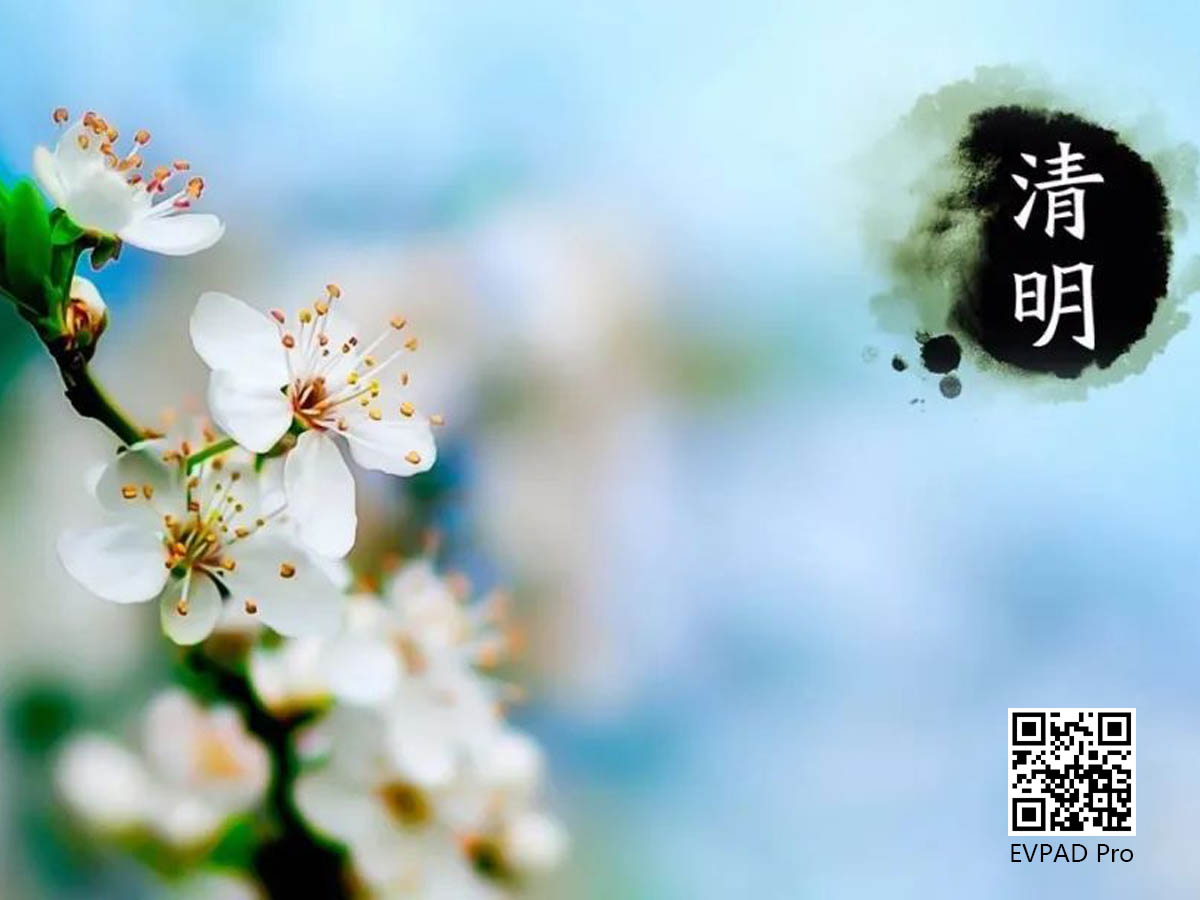
The Mid-Autumn Festival, also known as Moon Festival, Moonlight Birthday, Moon Eve, Autumn Festival, Mid-Autumn Festival, Moon Worship Festival, Moon Niang Festival, Moon Festival, Reunion Festival, etc., is a traditional Chinese folk festival. The Mid-Autumn Festival originated from the worship of celestial phenomena and evolved from the autumn eve of ancient times. Originally, the festival of "Jiyue Festival" was on the 24th solar term "autumn equinox" in the Gandhi calendar. Later it was adjusted to the fifteenth day of the Xia calendar (lunar calendar). In some places, the Mid-Autumn Festival was set on the sixteenth day of the Xia calendar. Since ancient times, the Mid-Autumn Festival has had folk customs such as worshiping the moon, admiring the moon, eating moon cakes, playing with lanterns, admiring osmanthus flowers, and drinking osmanthus wine.
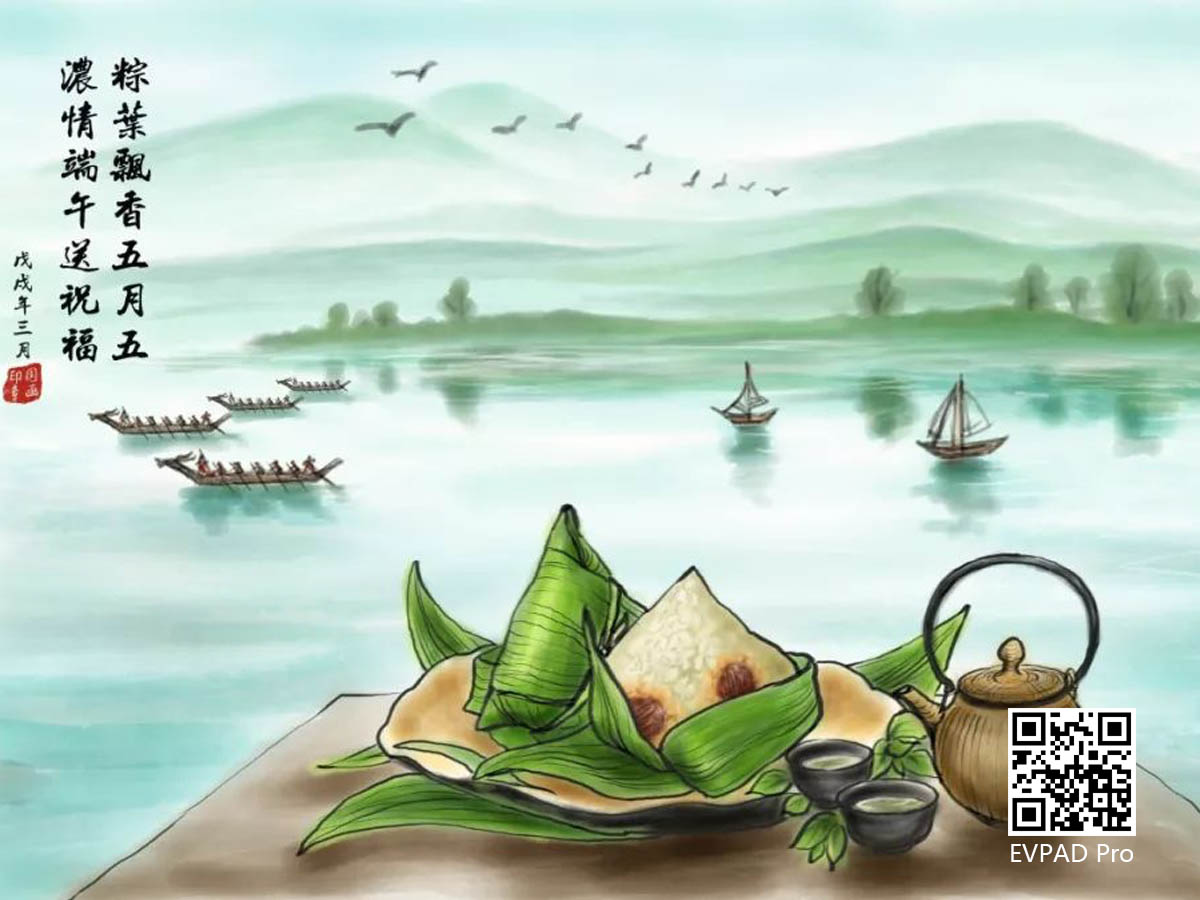
The Mid-Autumn Festival originated in ancient times and was popular in the Han Dynasty. It was finalized in the early years of the Tang Dynasty and prevailed after the Song Dynasty. The Mid-Autumn Festival is a synthesis of autumn seasonal customs, and most of the festival factors it contains have ancient origins. The Mid-Autumn Festival uses the full moon to signify the reunion of people. It is a rich and precious cultural heritage for yearning for the hometown, the love of loved ones, and wishing for a good harvest and happiness.
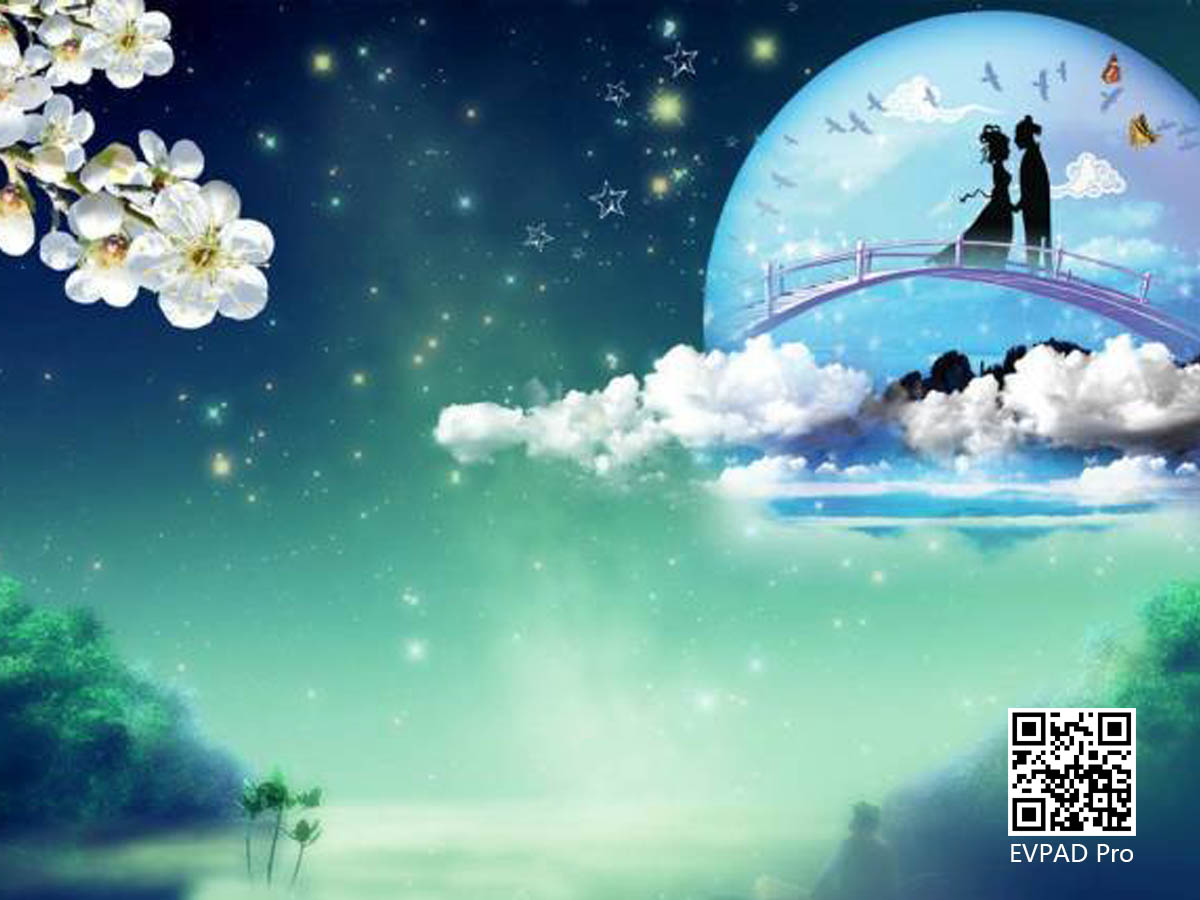
The Mid-Autumn Festival, the Spring Festival, the Ching Ming Festival, and the Dragon Boat Festival are also known as the four major traditional festivals in China. Influenced by Chinese culture, the Mid-Autumn Festival is also a traditional festival for some countries in East and Southeast Asia, especially the local Chinese and overseas Chinese. On this day, both school children and young people working outside will return home to accompany their children and parents and have a reunion dinner with their families. Eating moon cakes and watching the moon is leisure and entertainment after a meal. Eating moon cakes with the elderly and children in the family. A bright full moon hangs in the sky. This scene seems to have come out of a poem.
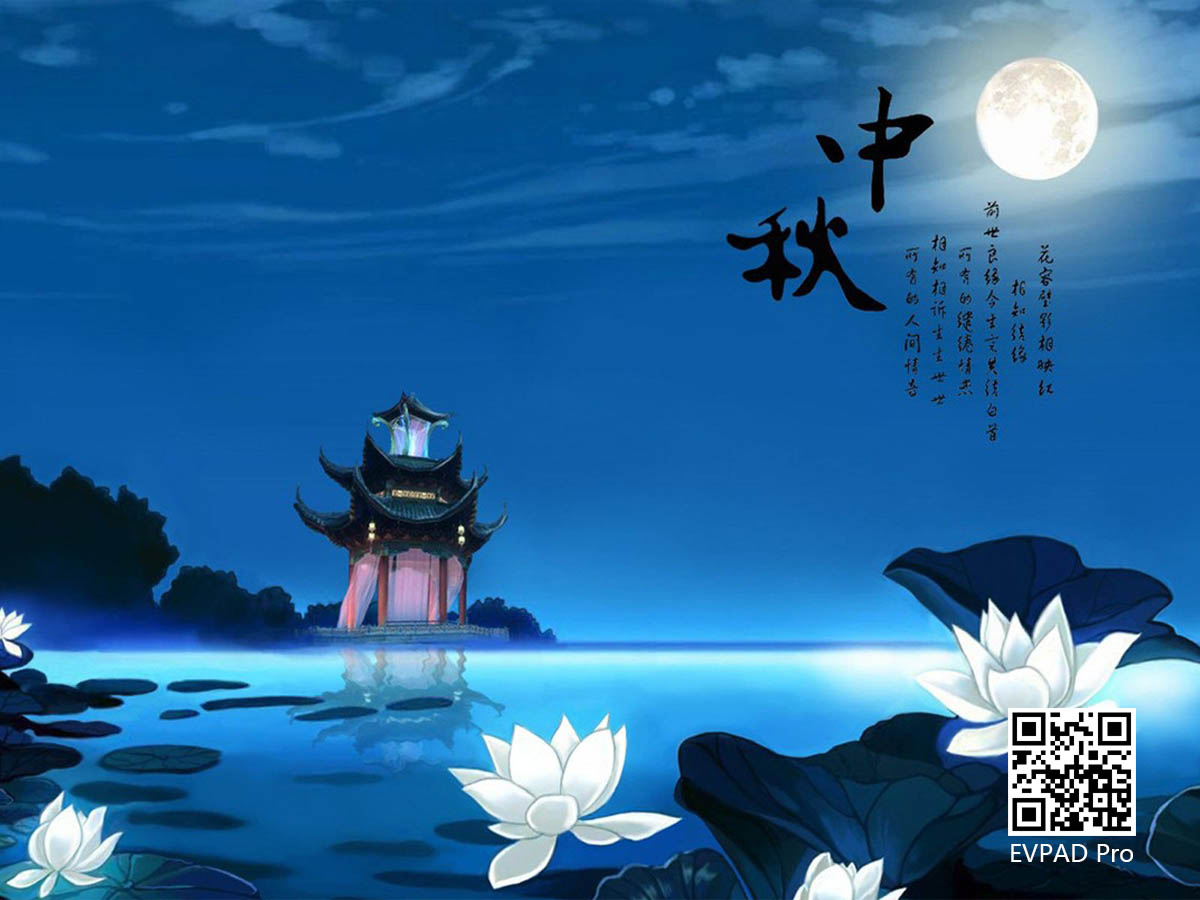
There are many kinds of traditional festivals in China, which are closely related to China's rich cultural heritage. During the Spring Festival, the family eats New Year's Eve dinner together. Children have New Year's Eve money. Fish must be included in the dishes, which symbolizes "surplus every year." The Dragon Boat Festival is to commemorate the great patriotic poet-Qu Yuan. Tomb-sweeping Festival is very important in China. On this day, the whole family must visit the graves of the ancestors who have passed away to show respect and yearning for their ancestors.

Traditional Chinese festivals mainly include Spring Festival, Lantern Festival, Tomb Sweeping Festival, Dragon Boat Festival, Mid-Autumn Festival, Mid-Autumn Festival, Double Ninth Festival, New Year's Eve, etc. Traditional festivals are an important carrier for inheriting excellent history and culture. People can not only increase their knowledge and be taught during the festival, but also help to demonstrate culture, promote virtue, cultivate sentiment, and carry forward traditions. The formation process of traditional festivals is a process of precipitation and cohesion of the Chinese nation's history and culture.

The Mid-Autumn Festival, also known as Moon Festival, Moonlight Birthday, Moon Eve, Autumn Festival, Mid-Autumn Festival, Moon Worship Festival, Moon Niang Festival, Moon Festival, Reunion Festival, etc., is a traditional Chinese folk festival. The Mid-Autumn Festival originated from the worship of celestial phenomena and evolved from the autumn eve of ancient times. Originally, the festival of "Jiyue Festival" was on the 24th solar term "autumn equinox" in the Gandhi calendar. Later it was adjusted to the fifteenth day of the Xia calendar (lunar calendar). In some places, the Mid-Autumn Festival was set on the sixteenth day of the Xia calendar. Since ancient times, the Mid-Autumn Festival has had folk customs such as worshiping the moon, admiring the moon, eating moon cakes, playing with lanterns, admiring osmanthus flowers, and drinking osmanthus wine.

The Mid-Autumn Festival originated in ancient times and was popular in the Han Dynasty. It was finalized in the early years of the Tang Dynasty and prevailed after the Song Dynasty. The Mid-Autumn Festival is a synthesis of autumn seasonal customs, and most of the festival factors it contains have ancient origins. The Mid-Autumn Festival uses the full moon to signify the reunion of people. It is a rich and precious cultural heritage for yearning for the hometown, the love of loved ones, and wishing for a good harvest and happiness.

The Mid-Autumn Festival, the Spring Festival, the Ching Ming Festival, and the Dragon Boat Festival are also known as the four major traditional festivals in China. Influenced by Chinese culture, the Mid-Autumn Festival is also a traditional festival for some countries in East and Southeast Asia, especially the local Chinese and overseas Chinese. On this day, both school children and young people working outside will return home to accompany their children and parents and have a reunion dinner with their families. Eating moon cakes and watching the moon is leisure and entertainment after a meal. Eating moon cakes with the elderly and children in the family. A bright full moon hangs in the sky. This scene seems to have come out of a poem.

There are many kinds of traditional festivals in China, which are closely related to China's rich cultural heritage. During the Spring Festival, the family eats New Year's Eve dinner together. Children have New Year's Eve money. Fish must be included in the dishes, which symbolizes "surplus every year." The Dragon Boat Festival is to commemorate the great patriotic poet-Qu Yuan. Tomb-sweeping Festival is very important in China. On this day, the whole family must visit the graves of the ancestors who have passed away to show respect and yearning for their ancestors.
POPULAR BLOG
- Dove posso guardare gratuitamente le Olimpiadi di Parigi 2024 dal vivo?
- Comprendere gli errori di pagamento con carta di credito: ragioni e soluzioni
- Dove posso trovare il TV Box DIGIBOX D3 PLUS?
- Come installare app su Unblocktech UBox11 per guardare la TV gratuitamente?
- Dove posso trovare il TV Box ufficiale UnblockTech UBox11 Pro?
ARCHIVES







 USD
USD EUR
EUR GBP
GBP CAD
CAD AUD
AUD HKD
HKD JPY
JPY SGD
SGD THB
THB italiano
italiano English
English 繁體中文
繁體中文 日本語
日本語 한국어
한국어 ไทย
ไทย Tiếng Việt
Tiếng Việt Bahasa Indonesia
Bahasa Indonesia Pilipino
Pilipino Français
Français Español
Español Deutsch
Deutsch Português
Português Nederlands
Nederlands Русский
Русский عربى
عربى







